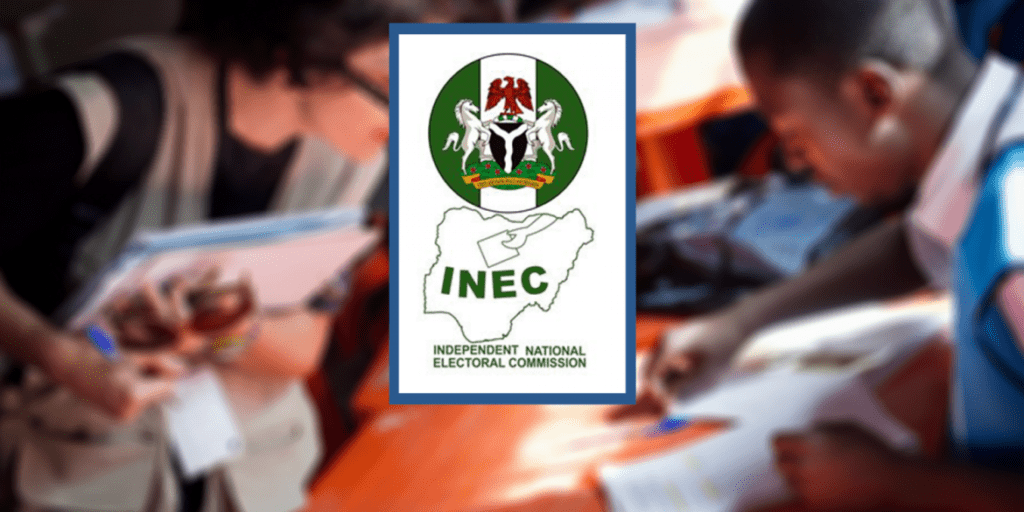Nigeria’s electoral body and security forces have outlined extensive preparations for a parliamentary bye-election set to take place in Ibadan North Federal Constituency, Oyo State, on Thursday. Over 2,000 polling staff and 600 security personnel have been mobilized to oversee the vote, triggered by the death of the district’s former representative, Musliudeen Olaide Akinremi, in 2023.
Dr. Adeniran Rahmon Tella, Oyo State’s Resident Electoral Commissioner, confirmed the operational details at a press briefing in Ibadan. The election will cover all 12 electoral wards within the constituency, with 512 polling units available for 272,196 registered voters. Of these, 217,980 individuals have collected their Permanent Voter Cards (PVCs), enabling them to participate. “Approximately 79% of registered voters are prepared to cast their ballots,” Tella noted, emphasizing the commission’s readiness.
A key feature of the process will be the deployment of 526 Bimodal Voter Accreditation System (BVAS) devices, alongside 48 backups, to verify voter identities—a move aimed at curbing fraud. Tella stated that all units would adhere to strict technical protocols, with election staff trained to address potential issues.
Security coordination has been scaled up to prevent disruptions, according to Augustine Padonu, Commandant of the Nigeria Security and Civil Defence Corps (NSCDC). A 600-strong contingent from the NSCDC will collaborate with police and other agencies to protect voters, electoral materials, and public infrastructure. “Our priority is a peaceful process where citizens can exercise their rights without intimidation,” Padonu said, underscoring zero tolerance for violence.
The bye-election serves as a localized test of Nigeria’s electoral reforms following the contentious 2023 general elections, which saw widespread technological and logistical challenges. While voter turnout for such partial polls is historically lower, the PVC collection rate here suggests moderate engagement. Authorities have not publicly identified frontrunners for the seat, though campaigns by major political parties have intensified in recent weeks.
Analysts note that the commission’s emphasis on BVAS reliability and security cooperation reflects lessons from past elections, where technical glitches and isolated violence marred voter confidence. Results are expected within 48 hours of polling, pending any procedural delays.
